Administrative Discretion: Meaning and Grounds of Control
What is Administrative Discretion?
Administrative discretion refers to the ability of government officials to make decisions and choose from various options without being bound by strict rules or criteria. In simpler terms, it means officials have the freedom to decide on different matters as they see fit, without having to follow a fixed set of guidelines.
This kind of discretion is necessary because the government cannot operate effectively without allowing officials some level of flexibility in decision-making. In the complex and ever-changing environment of modern governance, it’s not possible to have rules for every possible situation. However, unchecked discretion can also be dangerous, as it can lead to abuse of power and threaten individual freedoms.
To ensure that administrative discretion is used properly, there are three main ways it is controlled:
- Parliamentary Control: Oversight by the legislative body to ensure that discretion is used appropriately.
- Judicial Control: Courts review the use of discretion to prevent abuse or unlawful actions.
- Procedural and Executive Control: Rules and procedures are in place to guide the exercise of discretion and ensure accountability.
Parliamentary Control over Administrative Discretion
Parliament exercises control over administrative discretion in several ways:
1. Direct General Control
This form of control occurs when the enabling act is passed. During this process, Parliament holds hearings and discussions on the delegation bill, addressing issues like the need for delegation, its scope, form, and the authority to whom powers are delegated. Members of Parliament (MPs) can ask questions about the delegation of powers and, if dissatisfied, can initiate discussions under specific rules, such as Rule 59 of the Lok Sabha's Rules of Procedure and Conduct of Business. Other methods include budget debates, private member’s bills proposing changes to the parent act, and debates during the President’s address to the joint parliamentary session. However, these methods are not frequently used in India or the UK, mainly due to lack of tradition or experience. Scholars suggest that these methods should be used more effectively to address issues in the delegation process early on.
2. Direct Special Control
One of the key methods under this control is the "laying on the table" procedure, where administrative laws made under delegated authority are submitted to Parliament for approval. This process ensures that regulations are presented to Parliament after being made. The procedure can be broken down into three main types, depending on the level of control needed:
- Simple Laying: The regulation is laid before Parliament, but does not require approval.
- Negative Laying: The regulation automatically comes into effect unless Parliament objects within a specified period.
- Affirmative Laying: The regulation requires explicit approval from Parliament before it can come into effect.
Additionally, the process can be either mandatory or directory:
- Mandatory: If the regulation must be laid before Parliament as a condition for it to take effect, this is compulsory.
- Directory: If laying the regulation is just a procedural formality, it is considered directory.
3. Indirect Control
This is the oversight power exercised by Parliament and its committees, often referred to as subordinate legislation committees. These committees review whether the regulations:
- Align with the general objectives of the act.
- Impinges on the court’s jurisdiction in any way.
- Have a retroactive effect.
- Uphold or violate the principles of natural justice.
- Involve expenditure from the Consolidated Fund.
In the case of Narendra Kumar v. Union of India, the Supreme Court ruled that any rules framed under the Essential Commodities Act, 1955, must be presented before both houses of Parliament. In this case, the Non-Ferrous Control Orders, 1958, had no effect until they were presented to Parliament.
Judicial Control over Administrative Discretion
Judicial review ensures that administrative authorities exercise their powers within the limits set by the Constitution. The courts play a crucial role in this process by checking whether the delegated authority operates within the legal framework. Judicial review is particularly effective when the law being applied is found to violate the Constitution.
There are two main grounds for judicial control over administrative discretion:
1. Ultra Vires to the Constitution
If a law or action by an administrative authority goes beyond the powers granted by the Constitution, it is considered "ultra vires," meaning beyond the powers. Such actions are not valid and can be struck down by the court.
2. Ultra Vires to the Enabling Act
If an administrative action exceeds the powers provided by the enabling act (the law that grants the authority), it can also be challenged as ultra vires.
Indian courts have developed guidelines to ensure that discretion is exercised properly by administrative authorities. Judicial control in this context occurs in two stages:
1. Control at the Stage of Delegation
The courts examine whether the law granting discretionary powers is constitutional, especially concerning fundamental rights in Part III of the Constitution. If the law provides vague or overly broad discretion, it may be declared unconstitutional.
2. Control at the Stage of Exercise of Discretion
Unlike the USA, India does not have an Administrative Procedure Act that outlines specific judicial review procedures for administrative actions. Instead, the power of judicial review comes from the legal framework of the tribunals. Indian courts consistently hold that unchecked discretion undermines the rule of law, and they have created various principles to regulate how discretion is exercised.
For example, in the case of P.B. Samant v. State of Maharashtra, the court found that the distribution of cement by the government was illegal because it was done in favor of certain builders in exchange for donations to trusts associated with the Chief Minister. This was a clear case of misuse of power, as the government's authority to distribute essential commodities like cement should be aimed at ensuring fair distribution, not at serving private interests.
Procedural and Executive Control
Procedural and executive control refers to the guidelines that must be followed when creating and implementing laws, as outlined in the Parent Act. These controls are essential to ensure that the executive branch follows a consistent process. However, there's often no strict protocol unless the legislature enforces it, which can sometimes delay the purpose of the act.
Procedural regulation includes three key components:
- Pre-publication and Consultation: Before a law or rule is finalized, there may be a requirement to publish a draft and consult with experts or relevant authorities.
- Publication of Delegated Legislation: Once the rules are finalized, they need to be officially published so that the public is aware of them.
- Laying of Rules: After publication, the rules must be laid before the legislature, either for approval or for information, depending on whether the process is mandatory or advisory.
To determine whether the procedural requirements are mandatory or advisory, certain factors are considered:
- Scheme of the Act: Understanding the overall purpose and structure of the Act.
- Legislature's Intention: Determining what the lawmakers intended when they passed the Act.
- Language Used: The specific wording in the Act, which may indicate whether the procedure is mandatory or flexible.
- Public Impact: Considering how the procedure affects the public and whether following it strictly would cause significant inconvenience.
These parameters were highlighted in the Raza Buland Sugar Co. vs. Rampur Municipal Council case, where the court discussed the importance of following procedural guidelines while also considering the practical impact on the public.
Share
Related Post
Tags
Archive
Popular & Recent Post





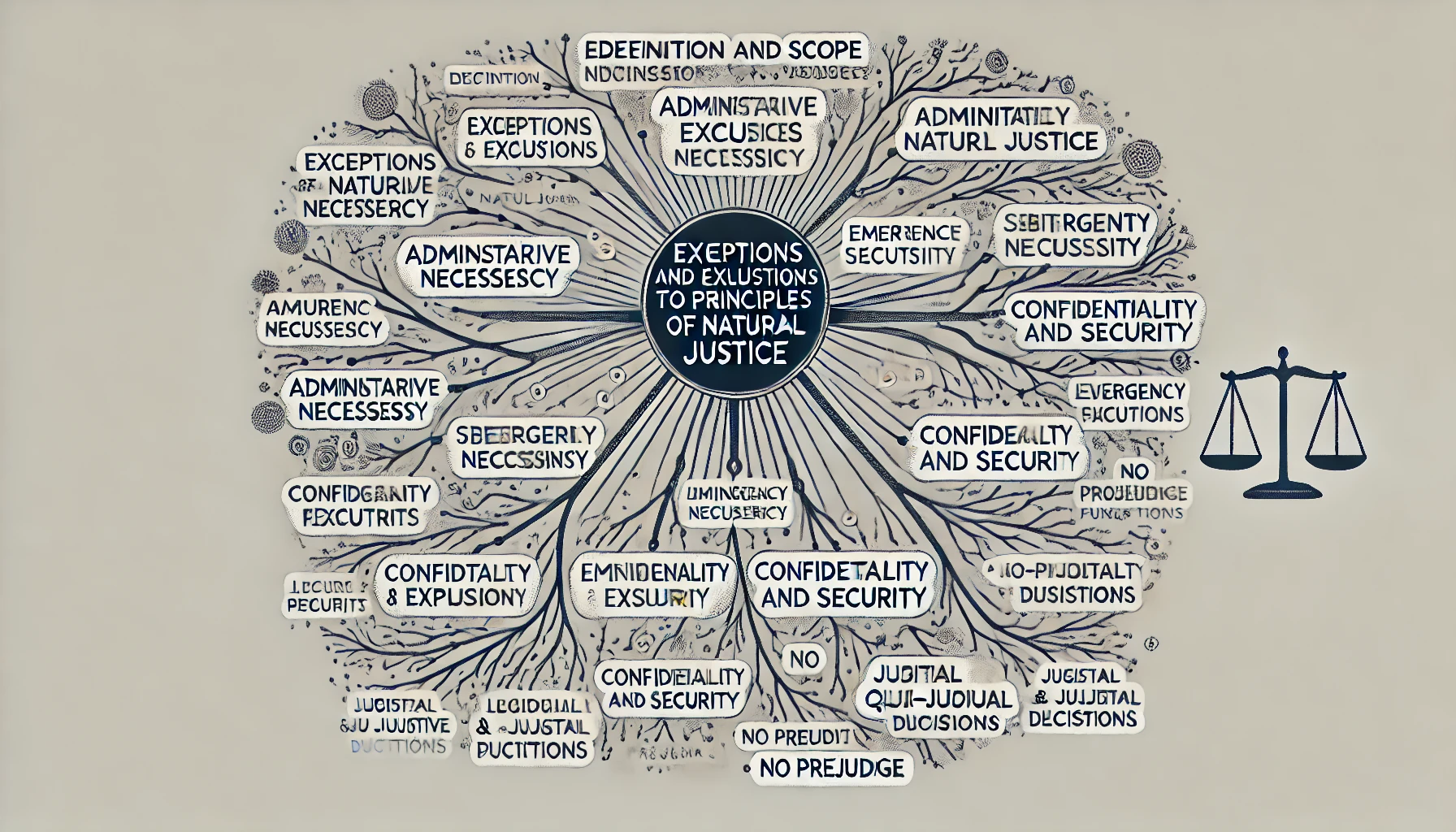
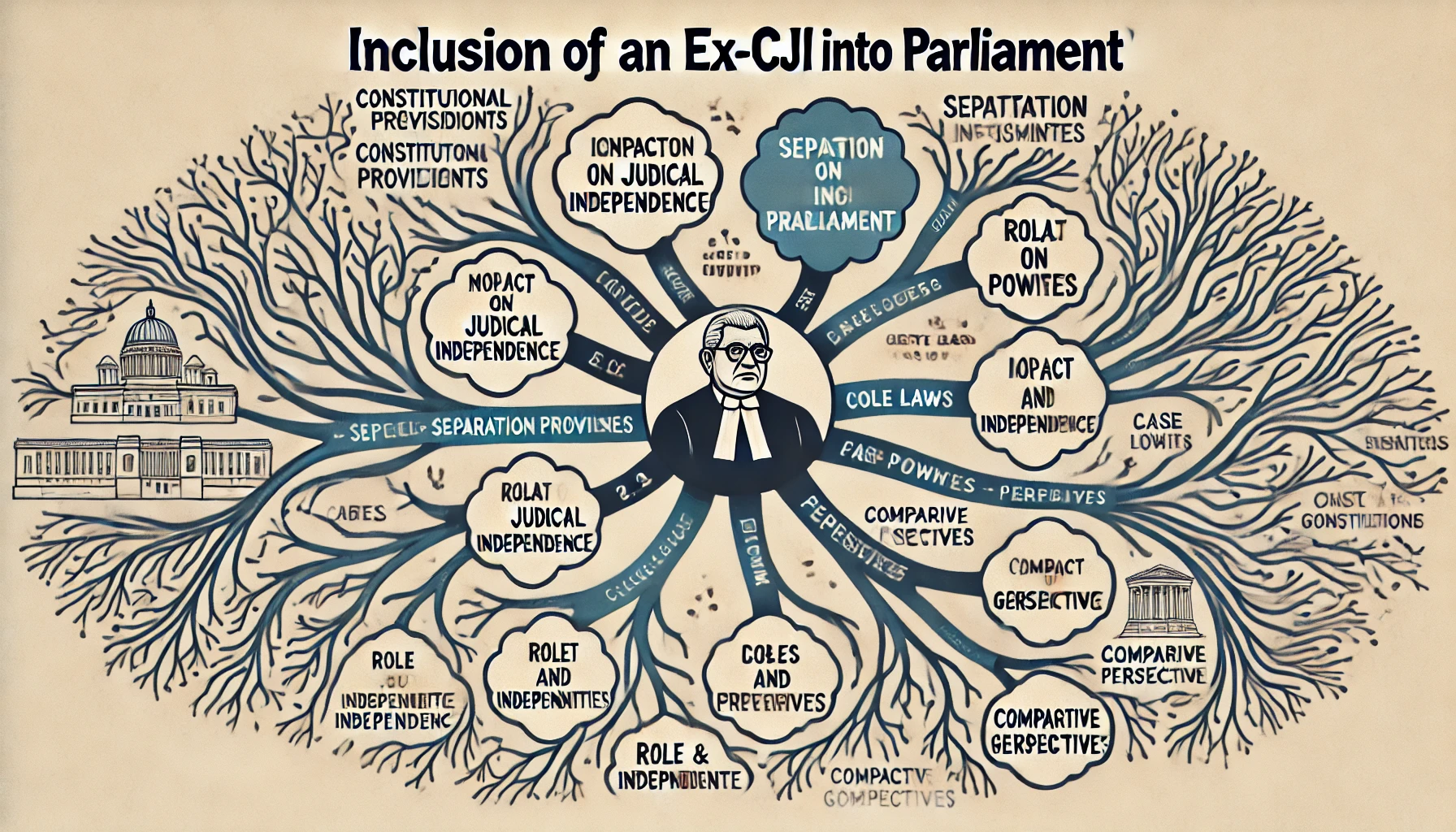
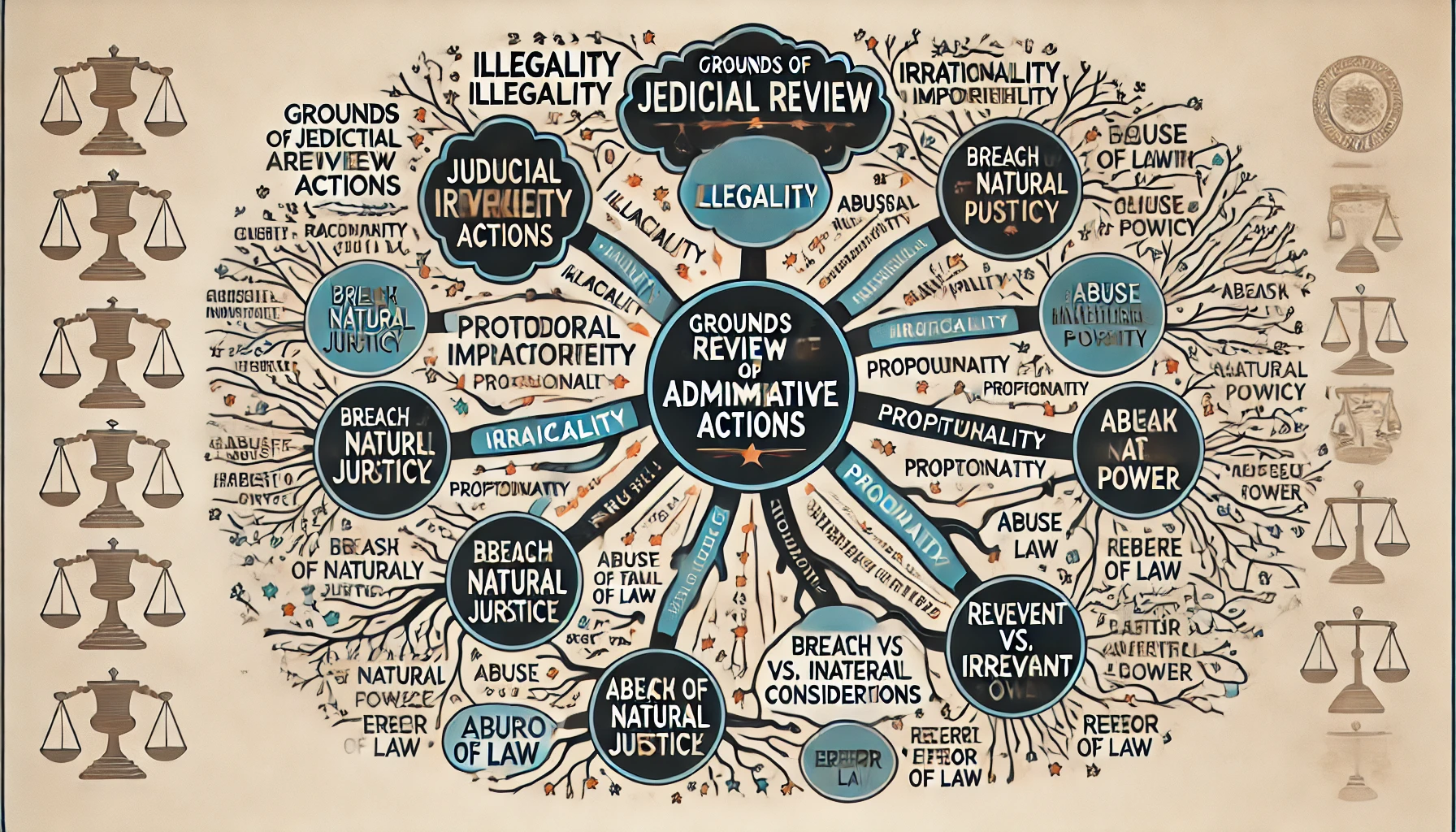
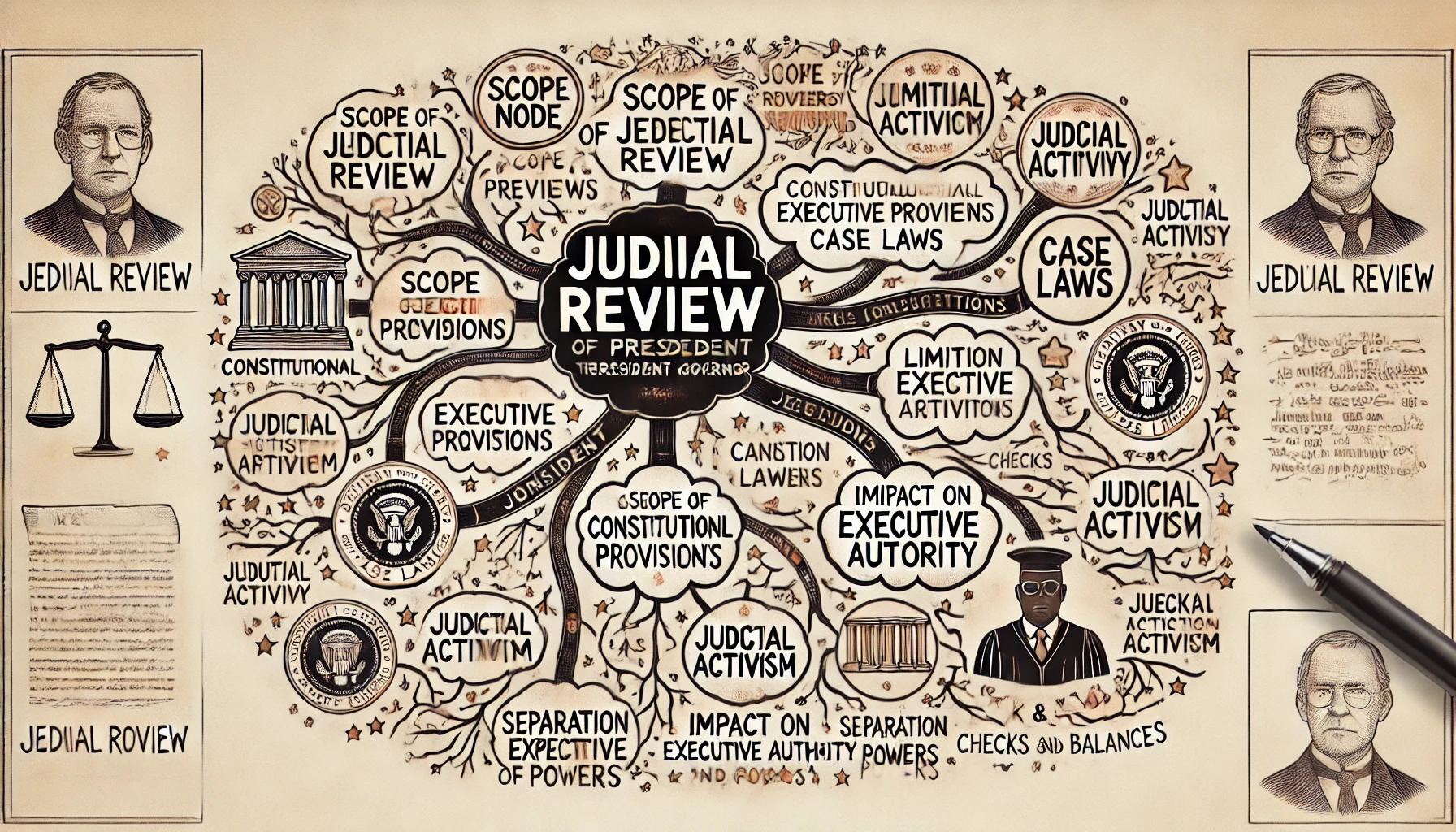
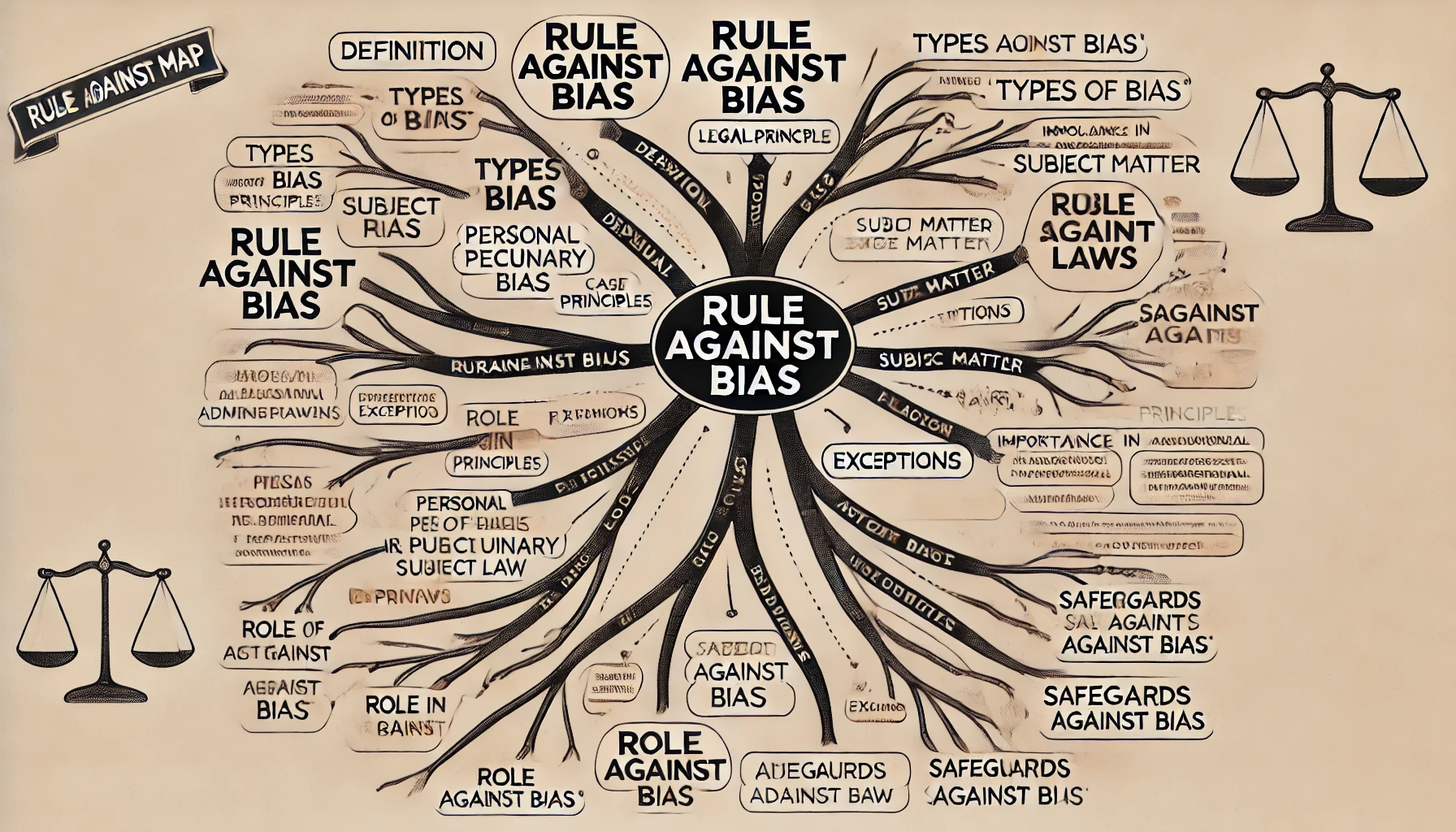
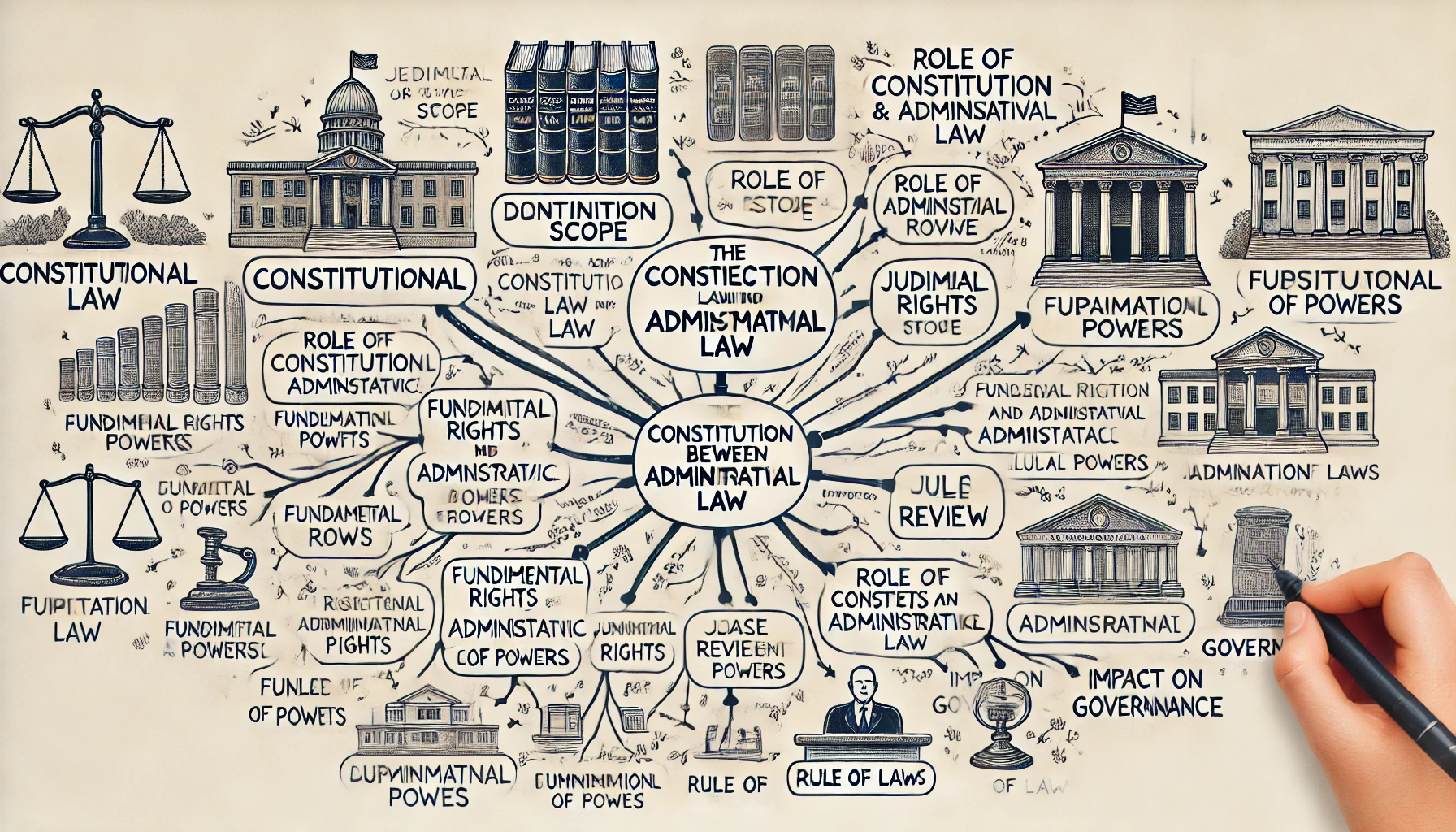
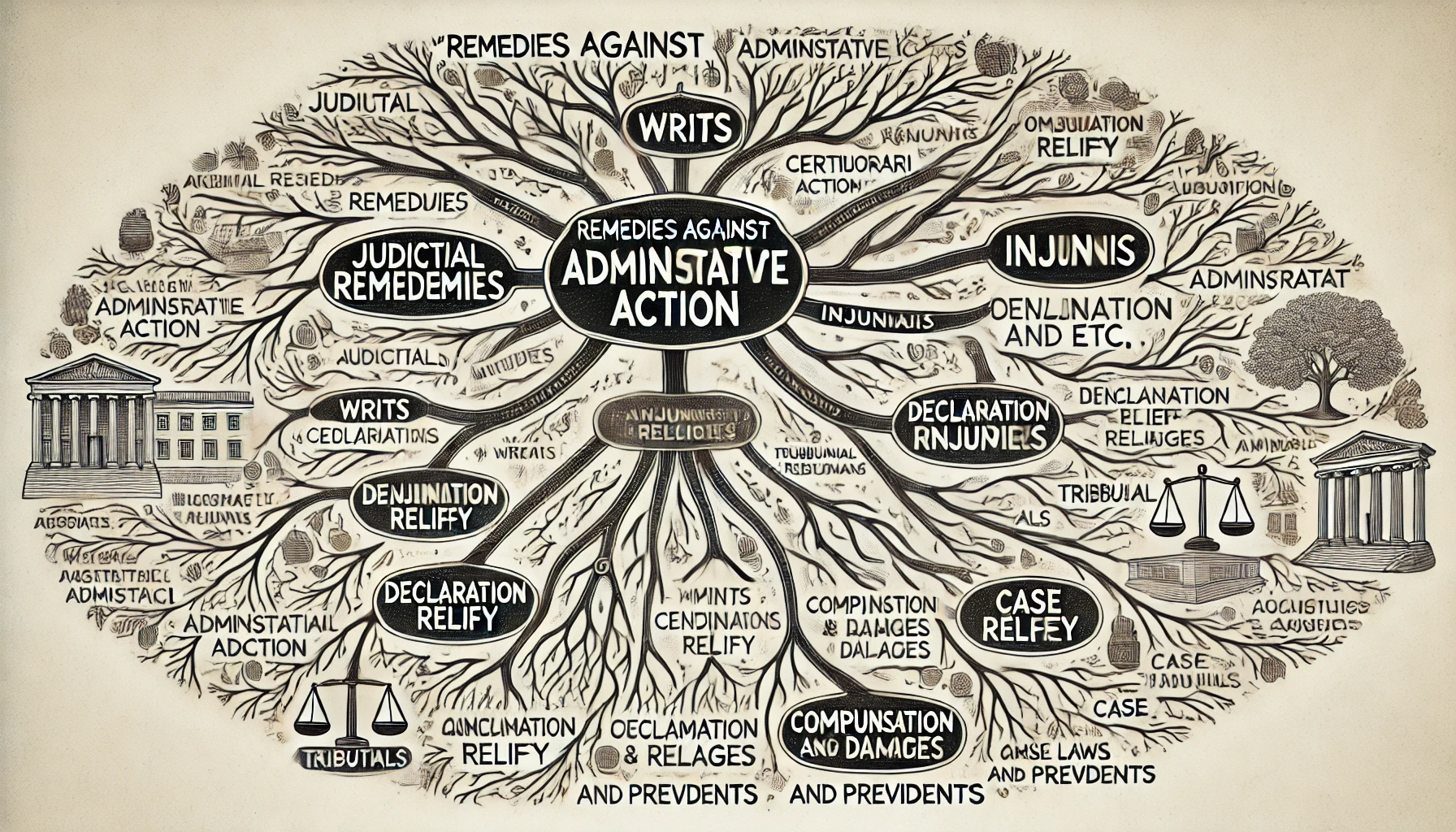
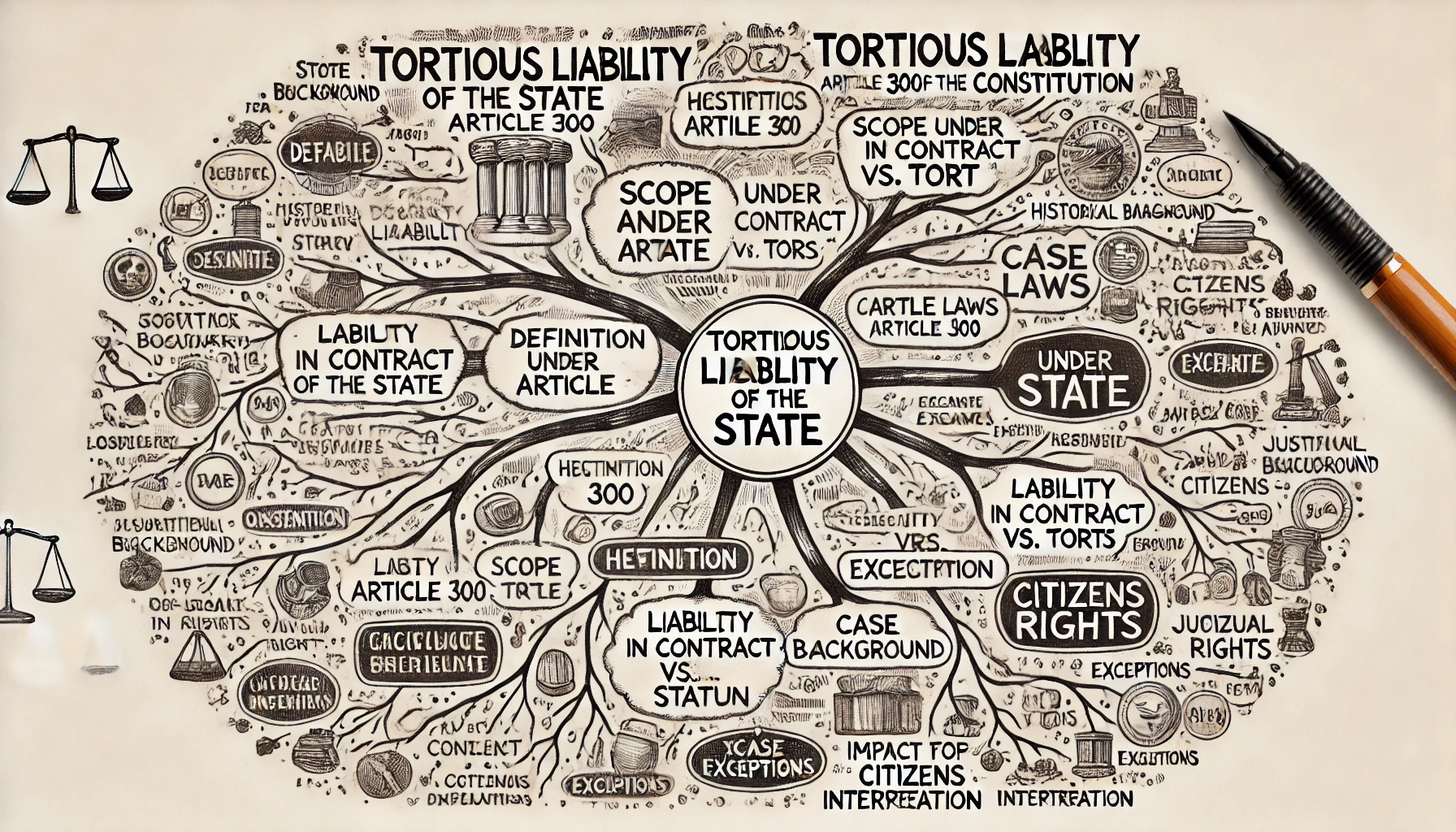
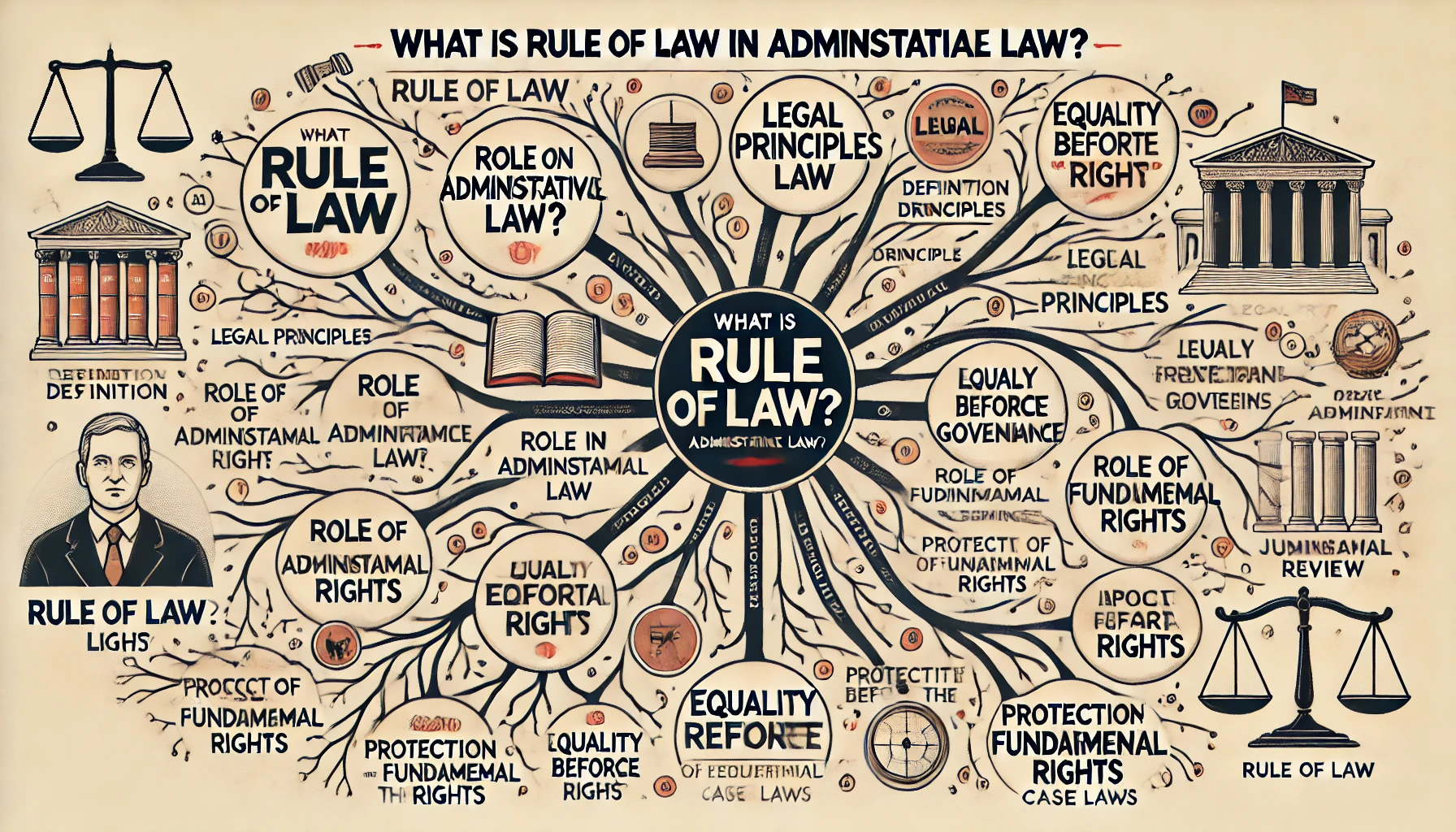
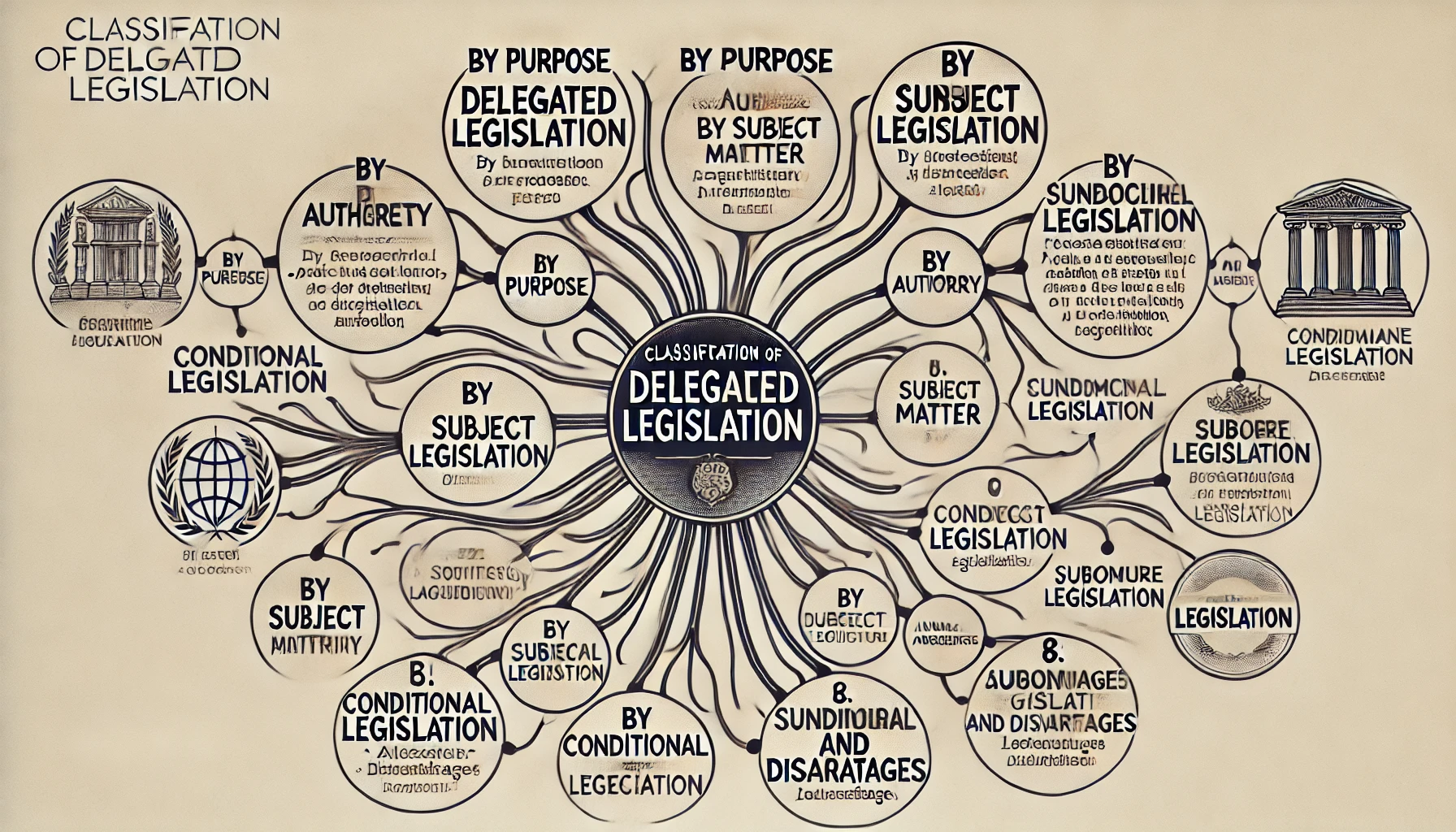

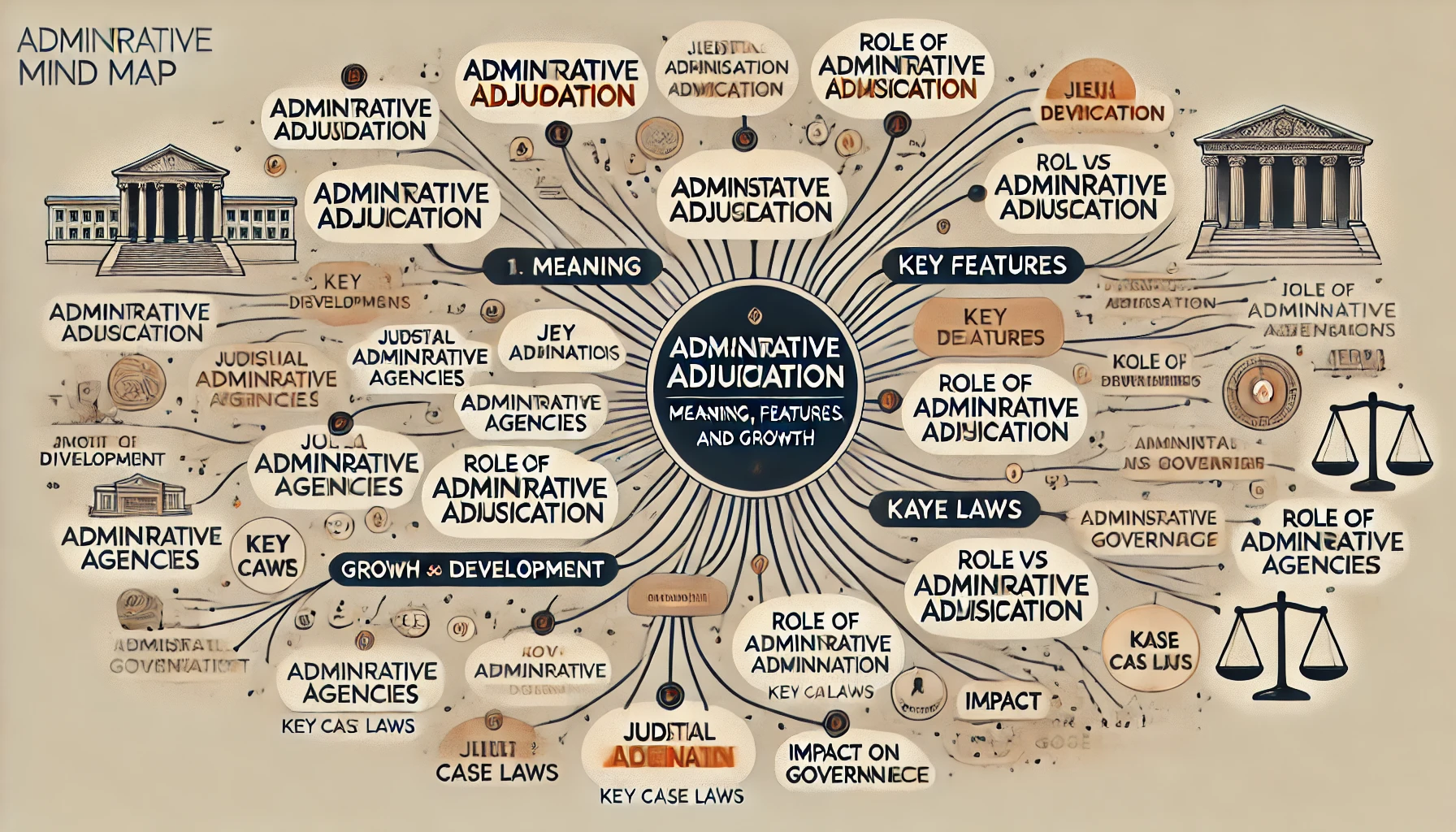

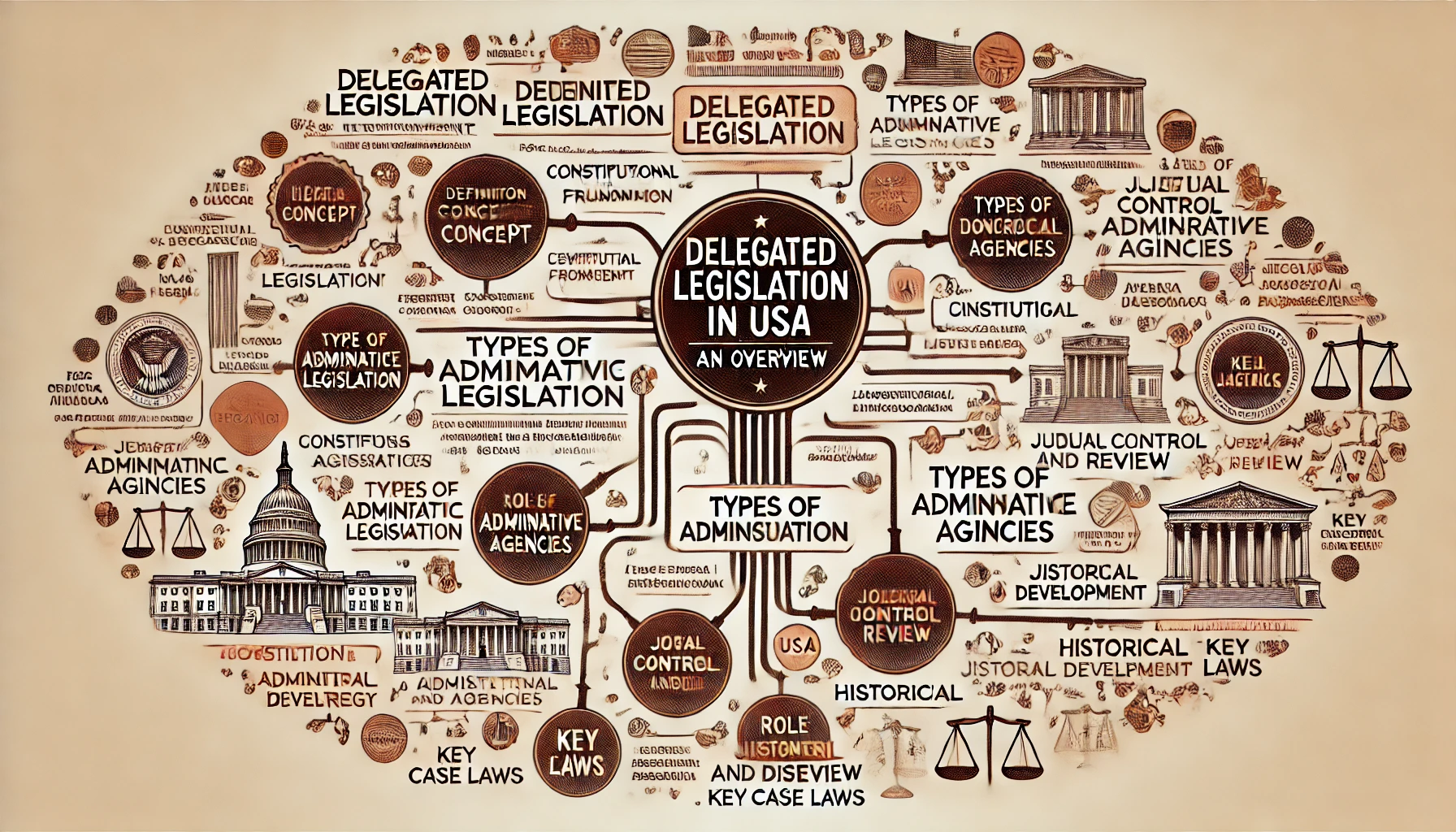
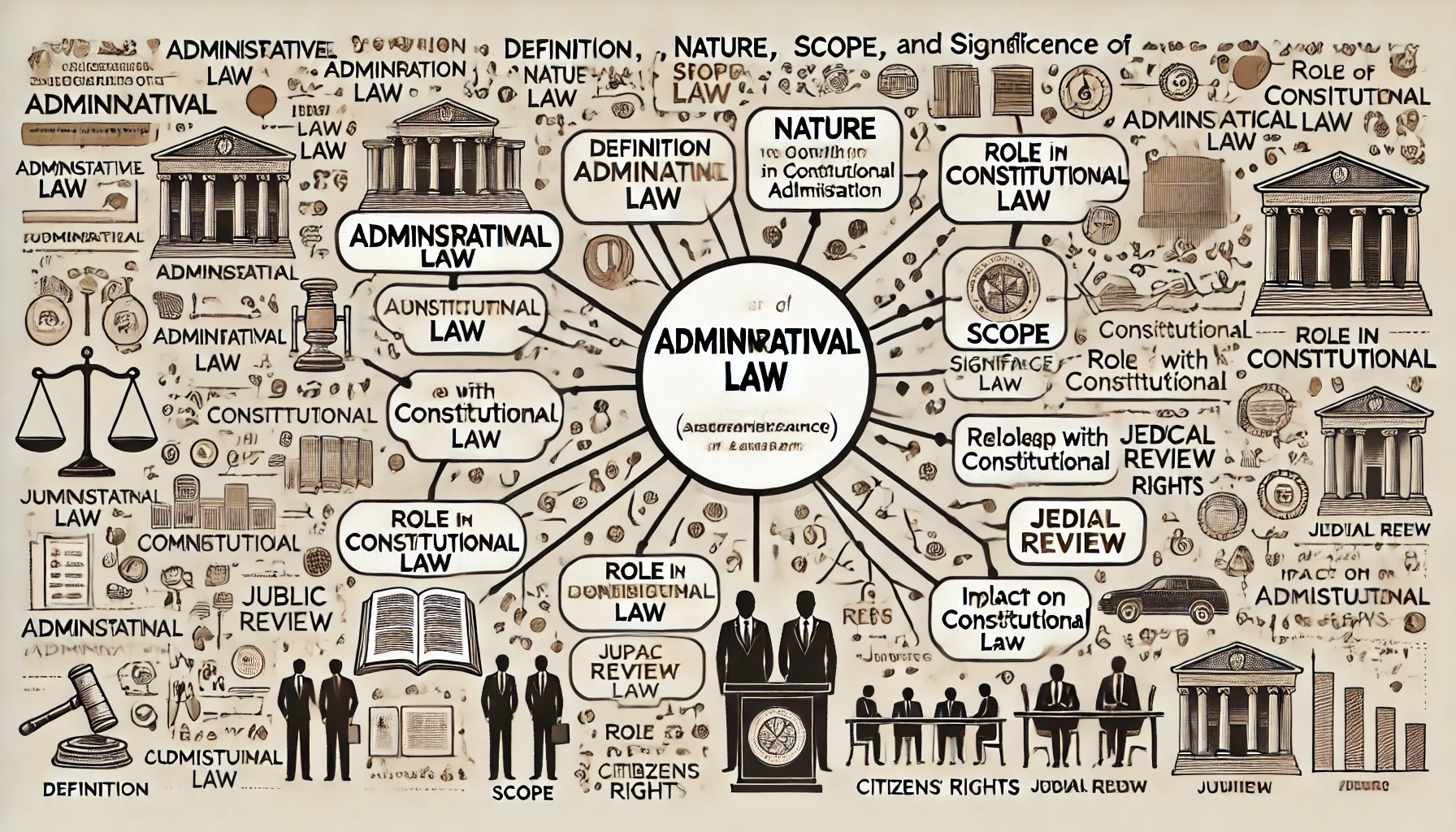
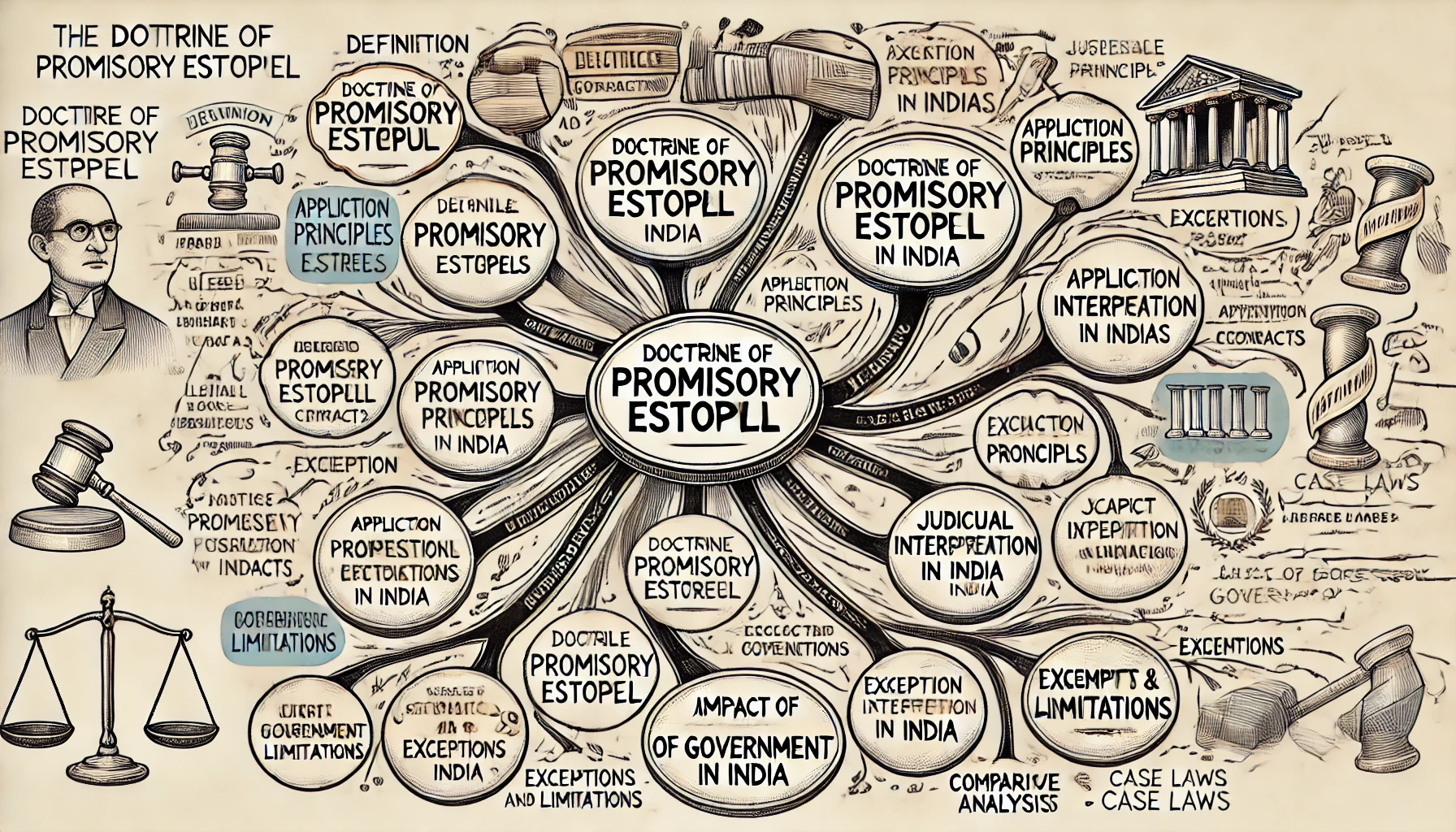
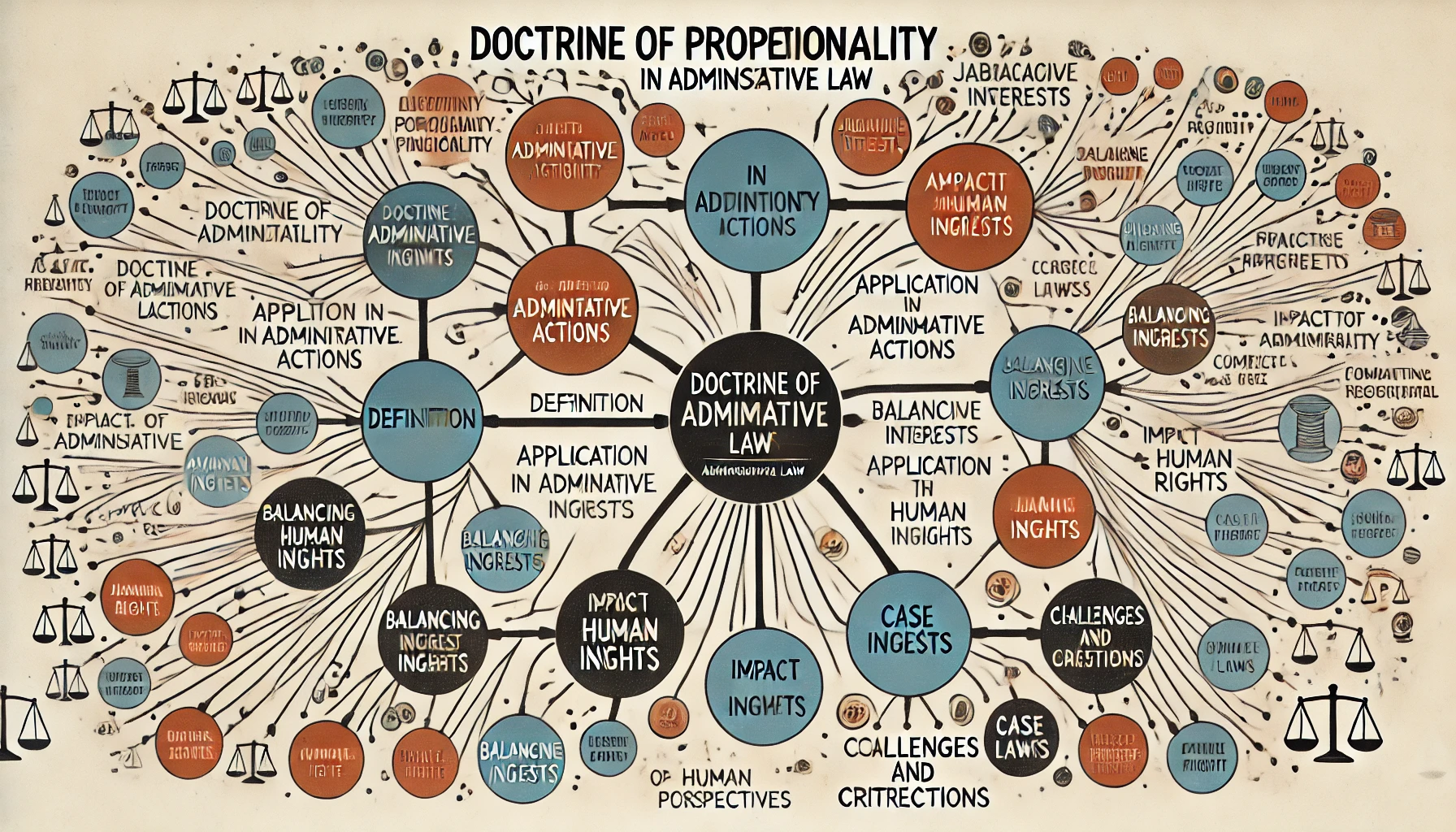
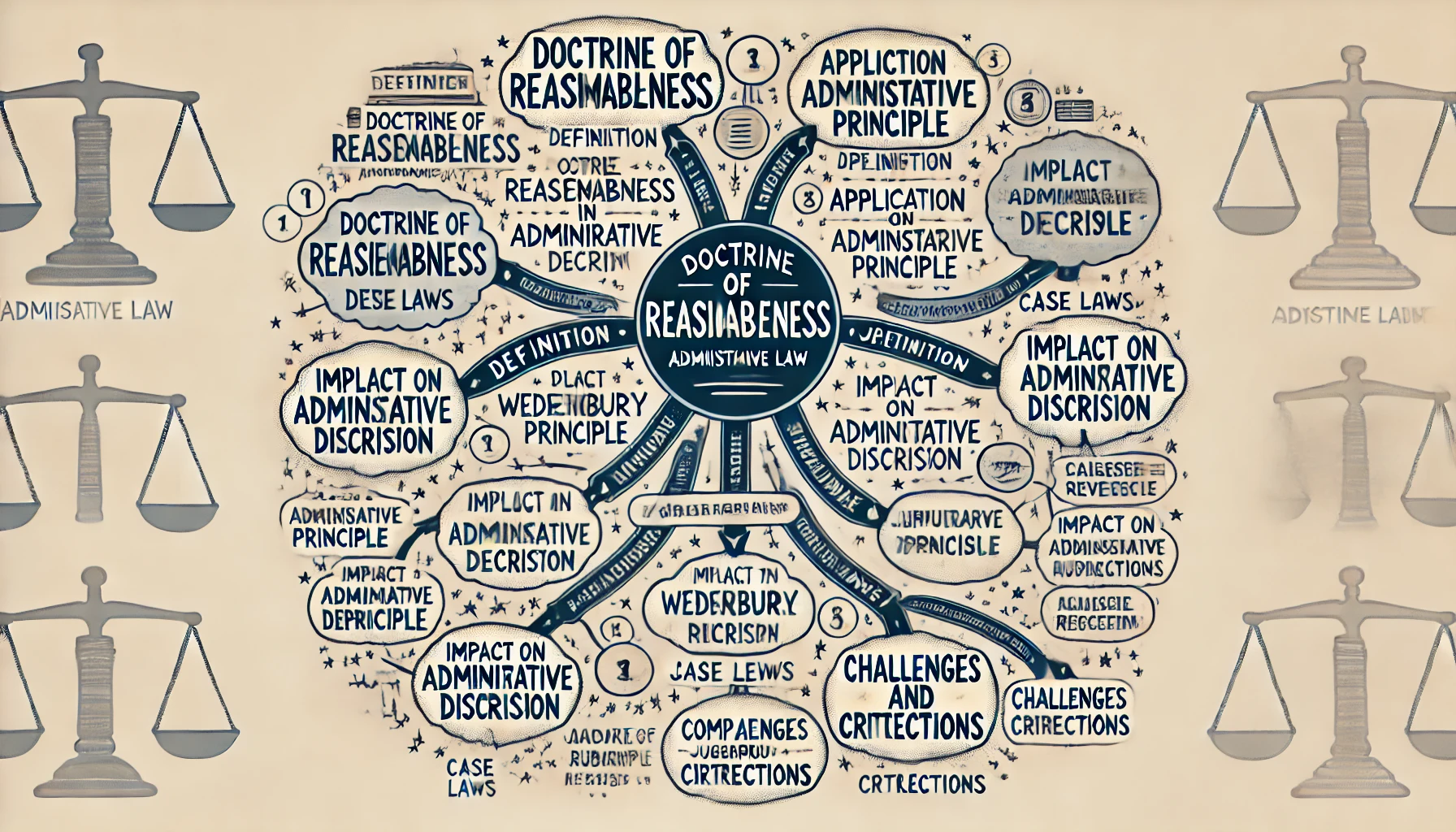

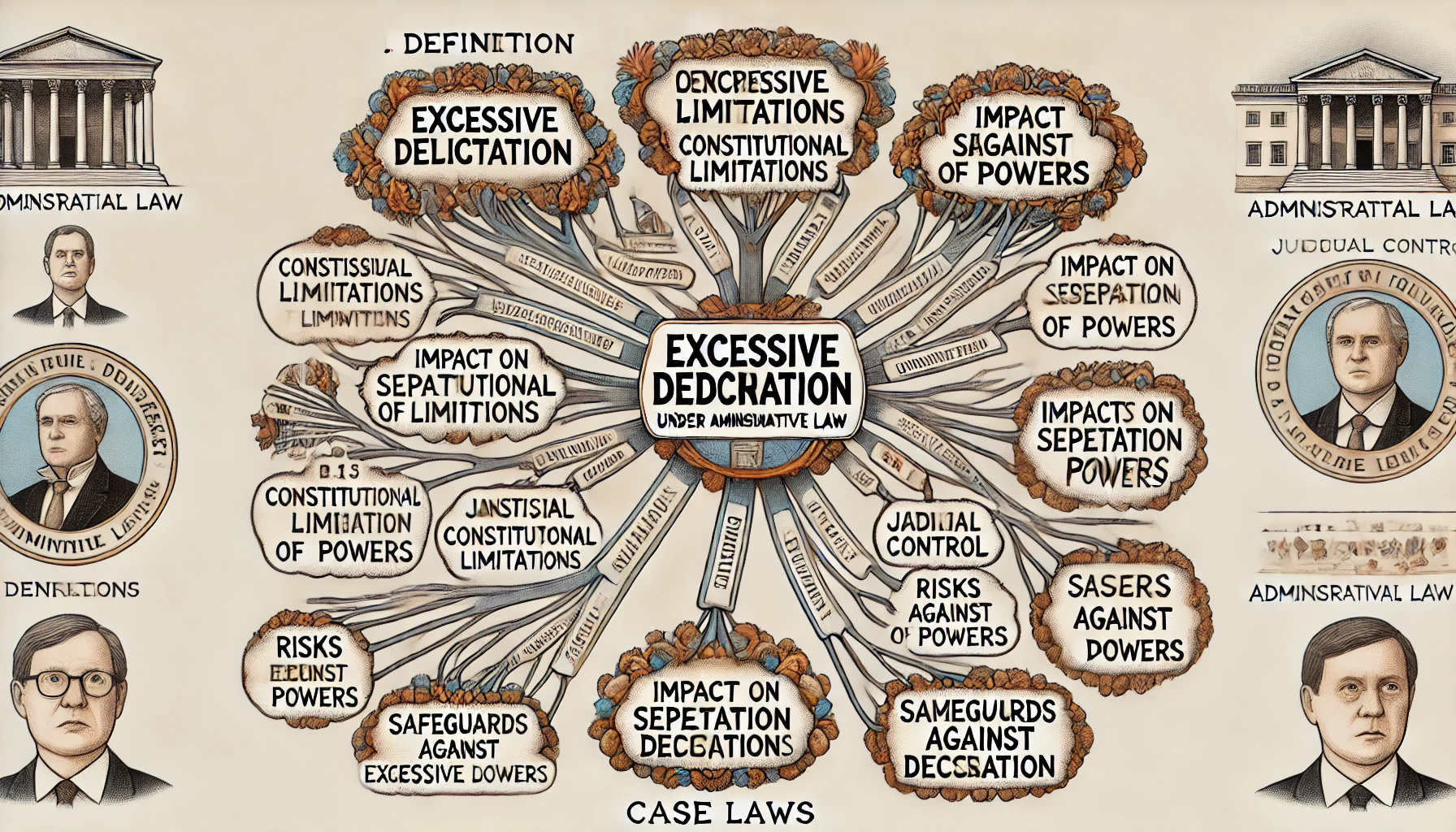

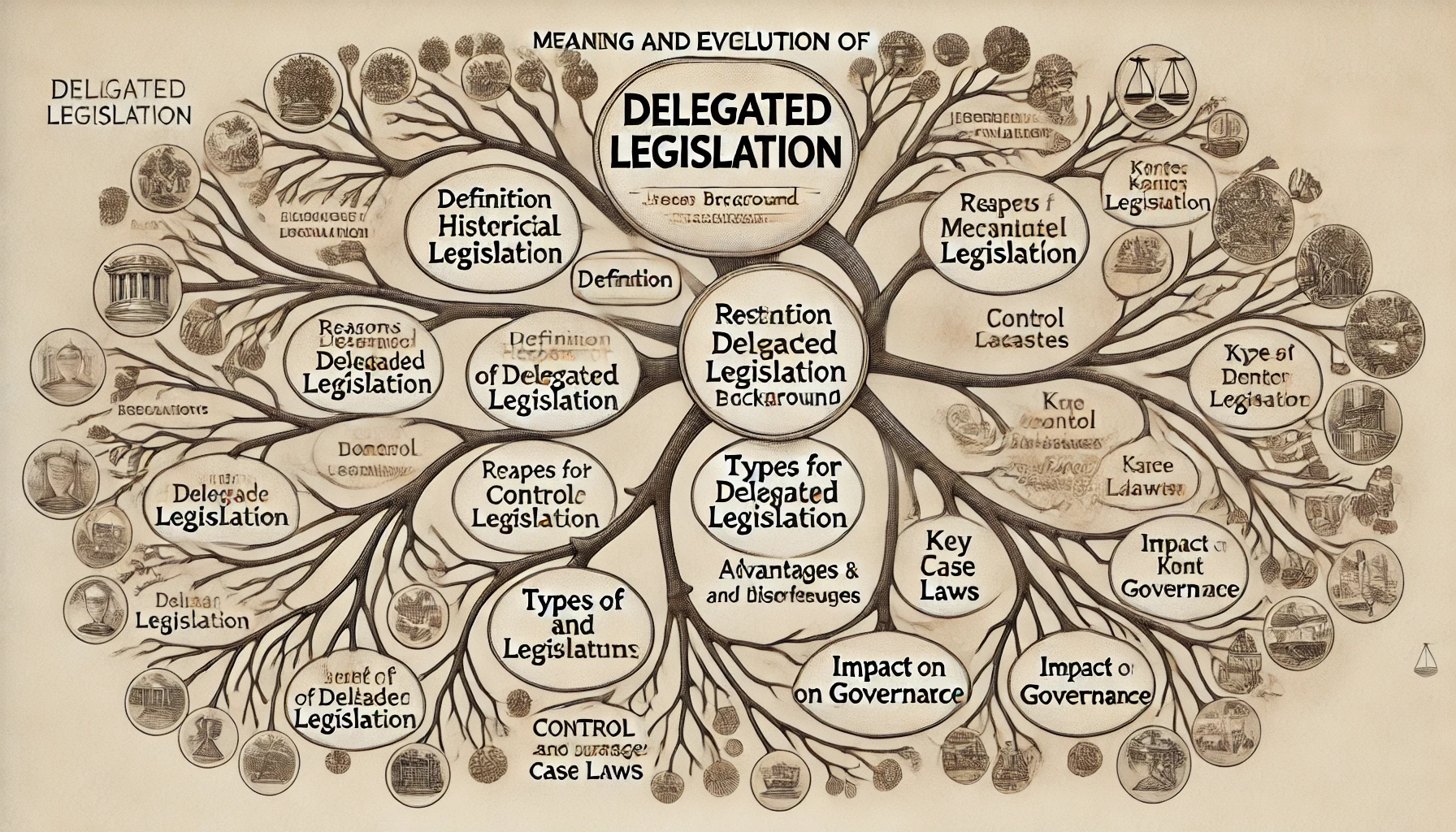
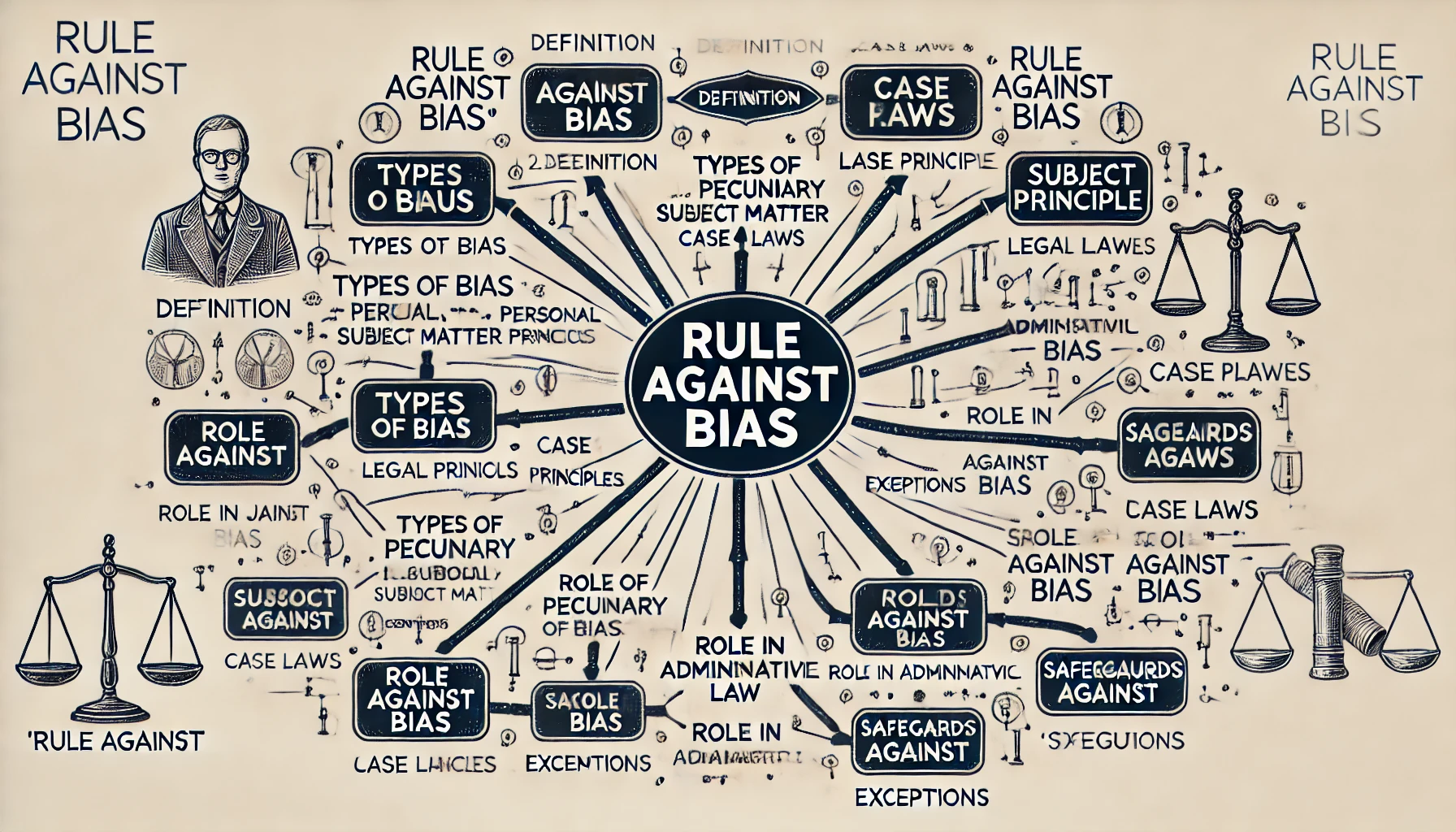
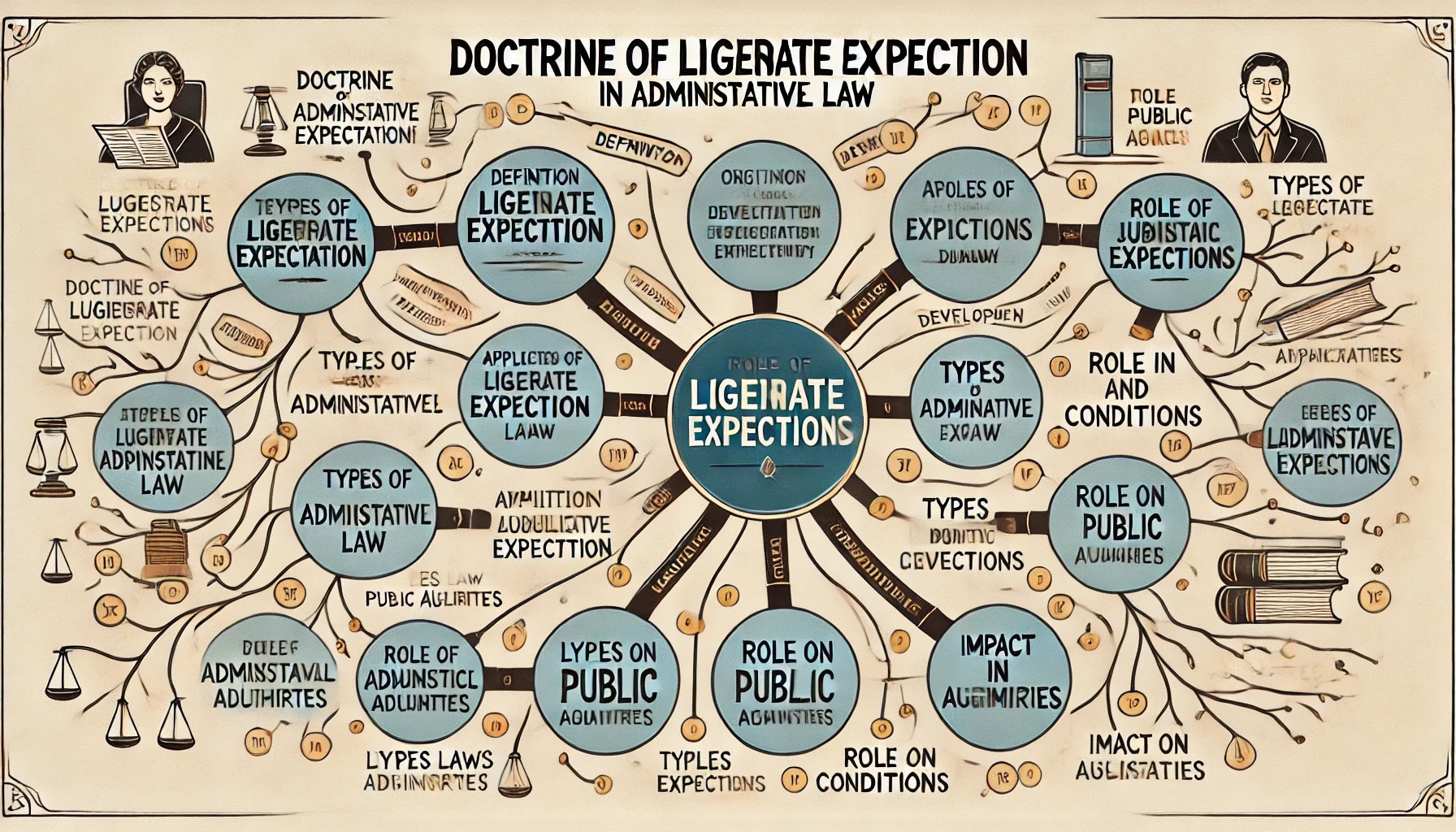
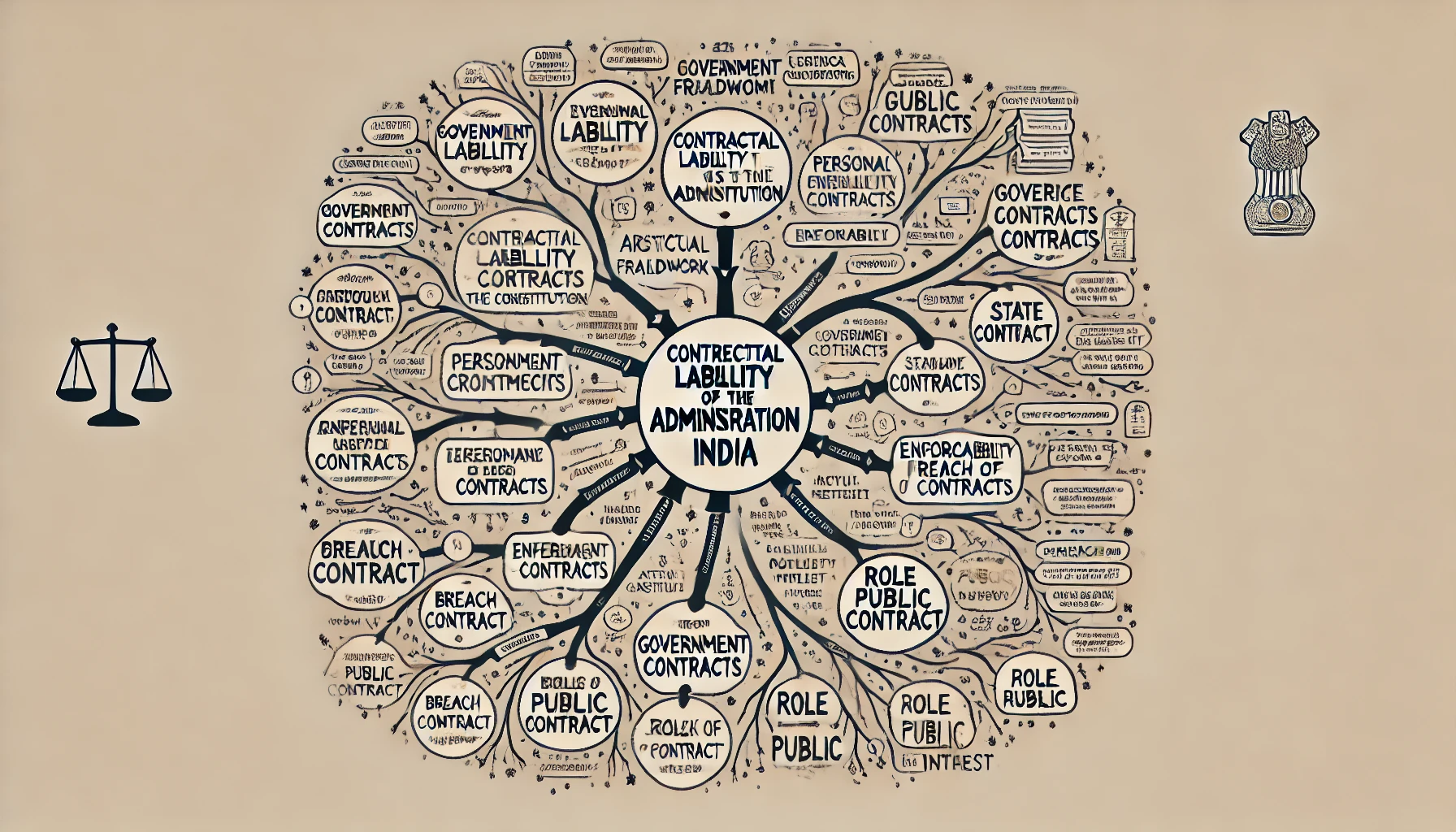
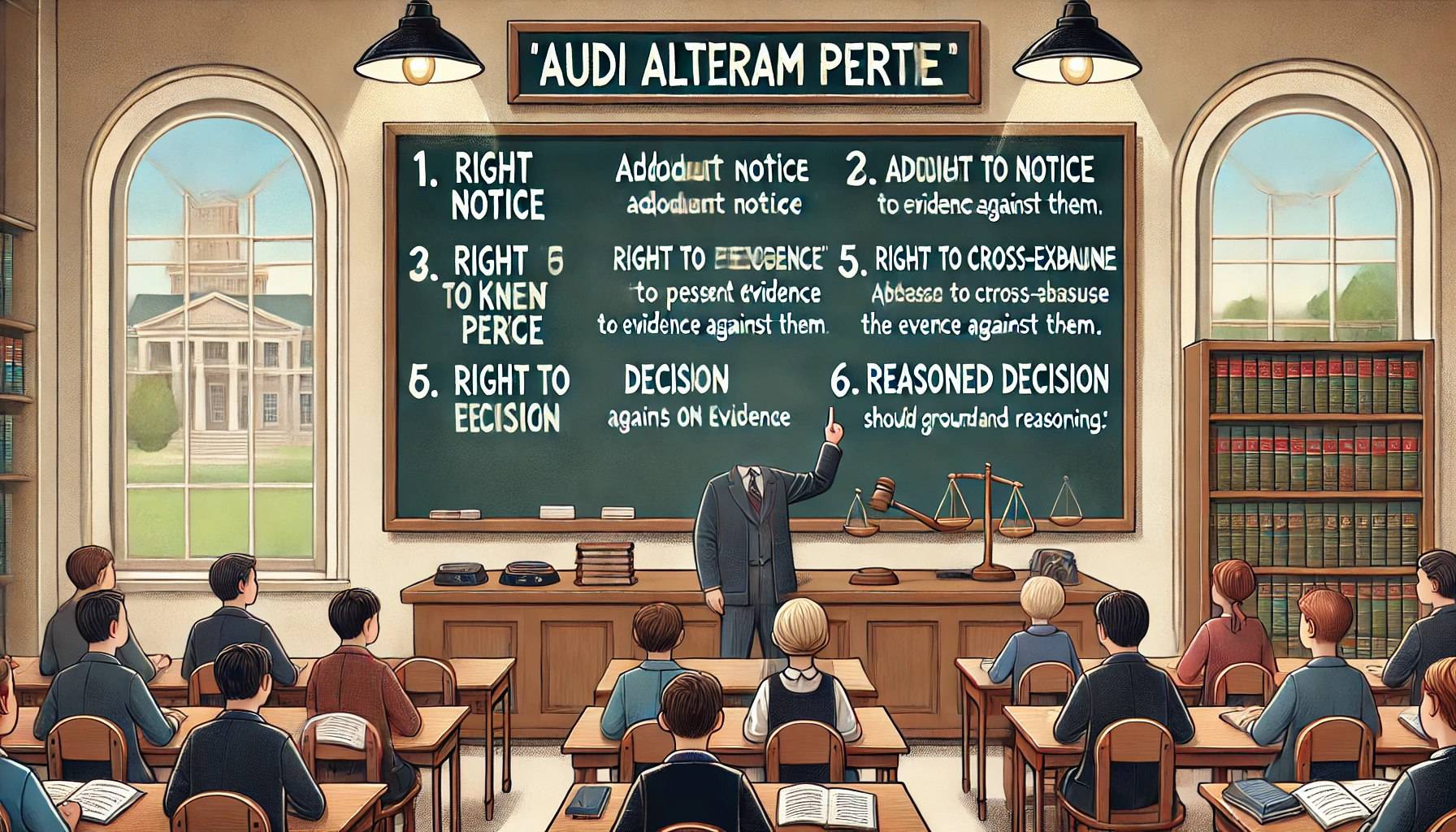

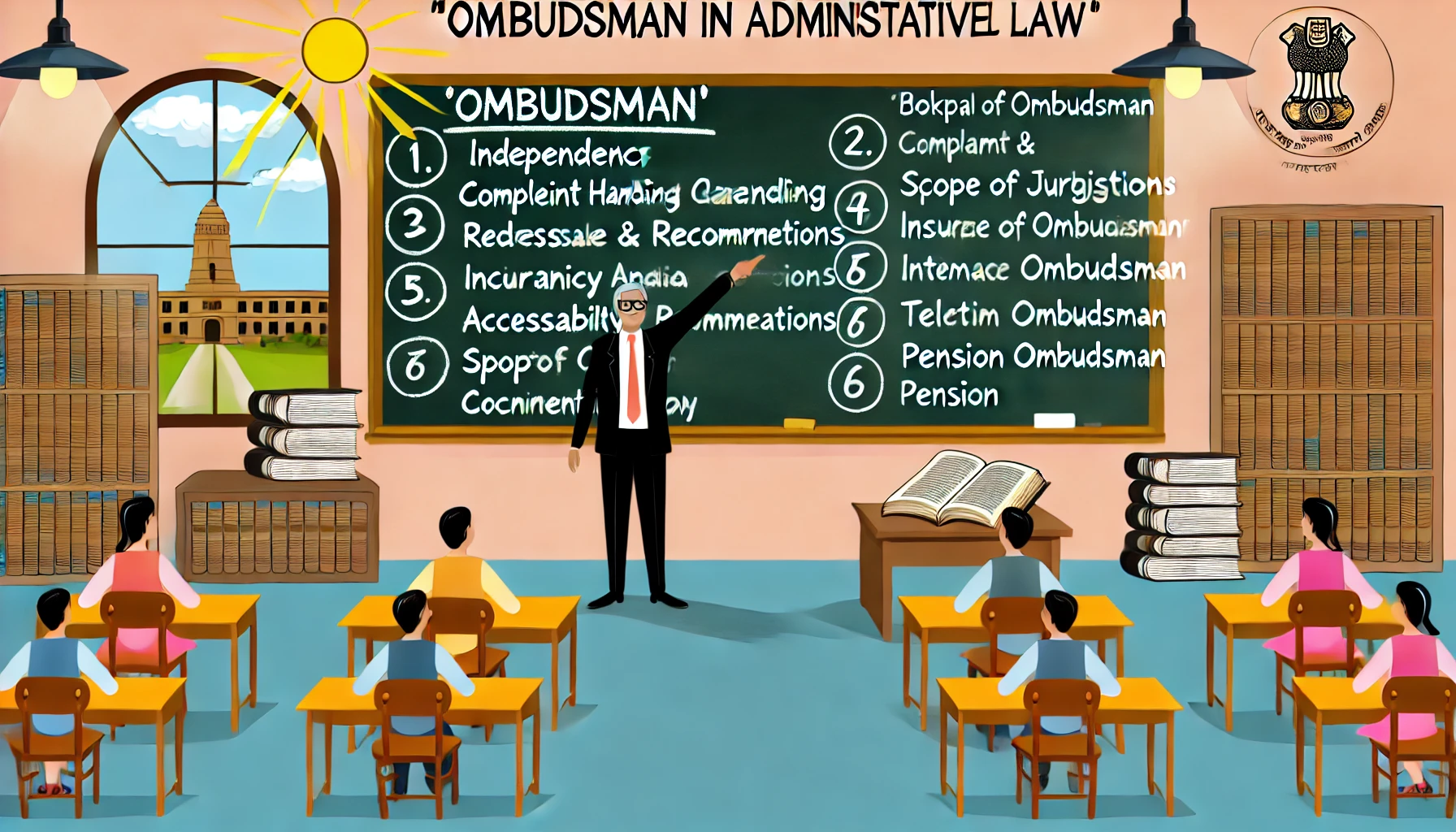
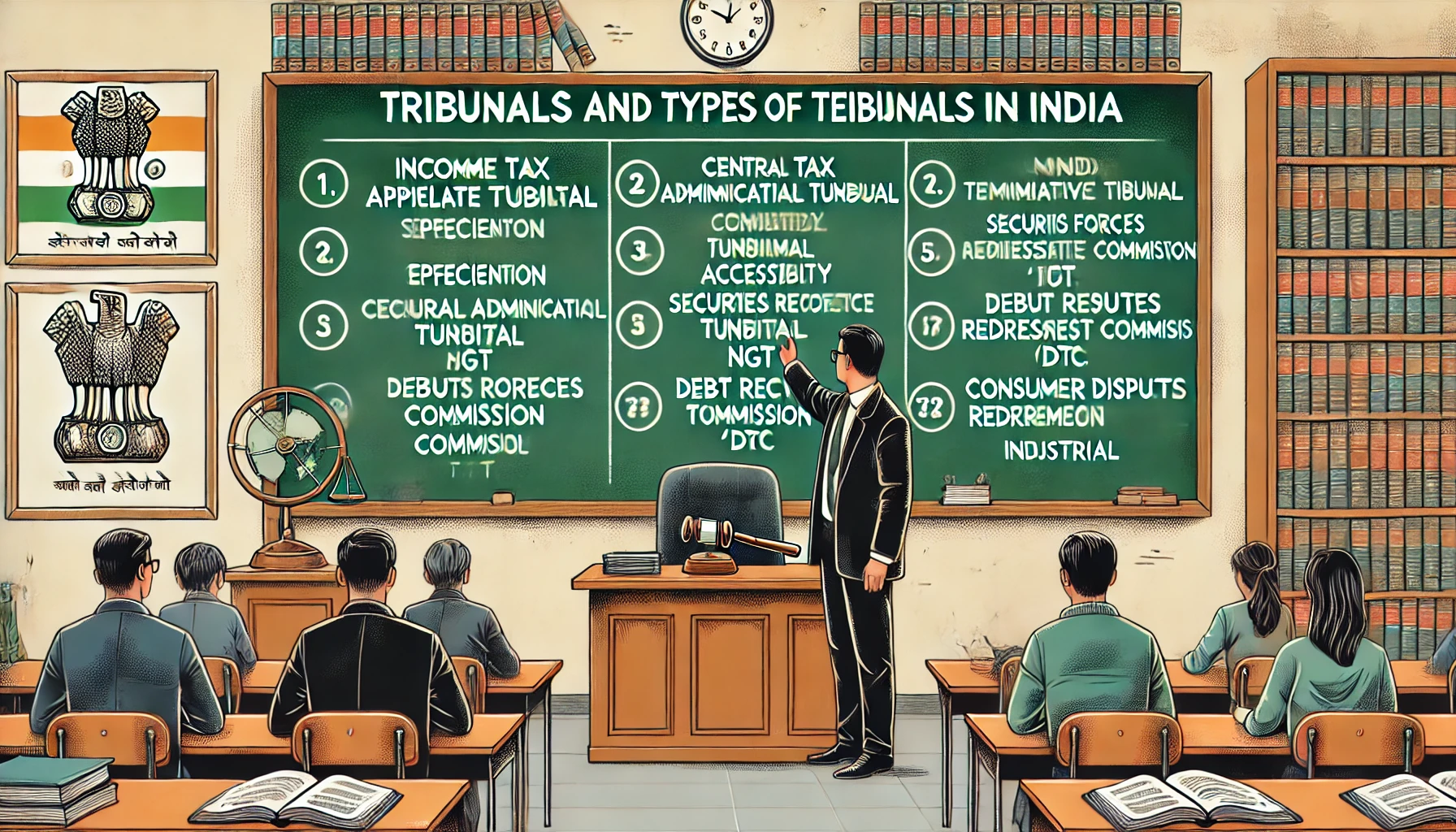
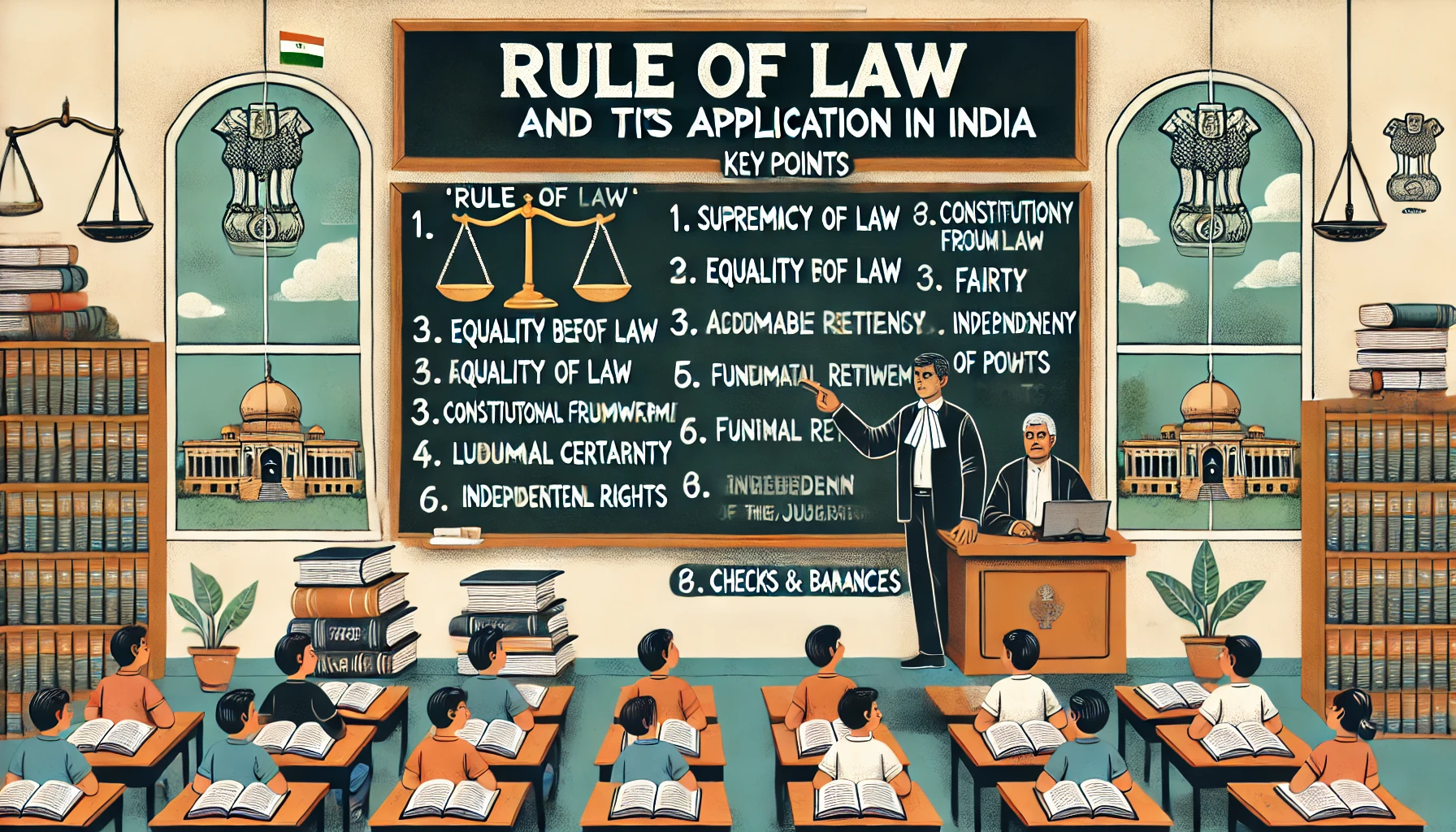
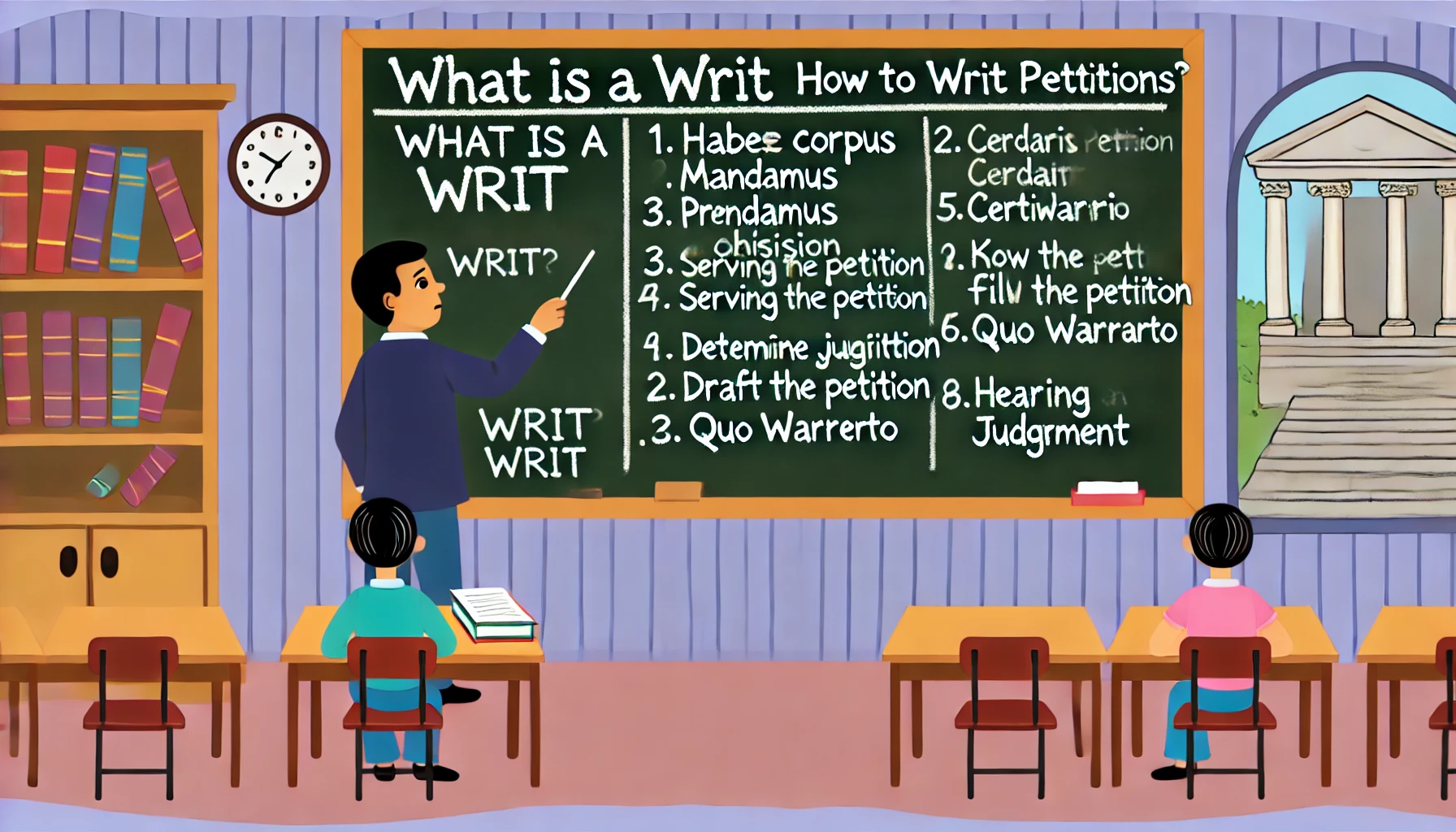
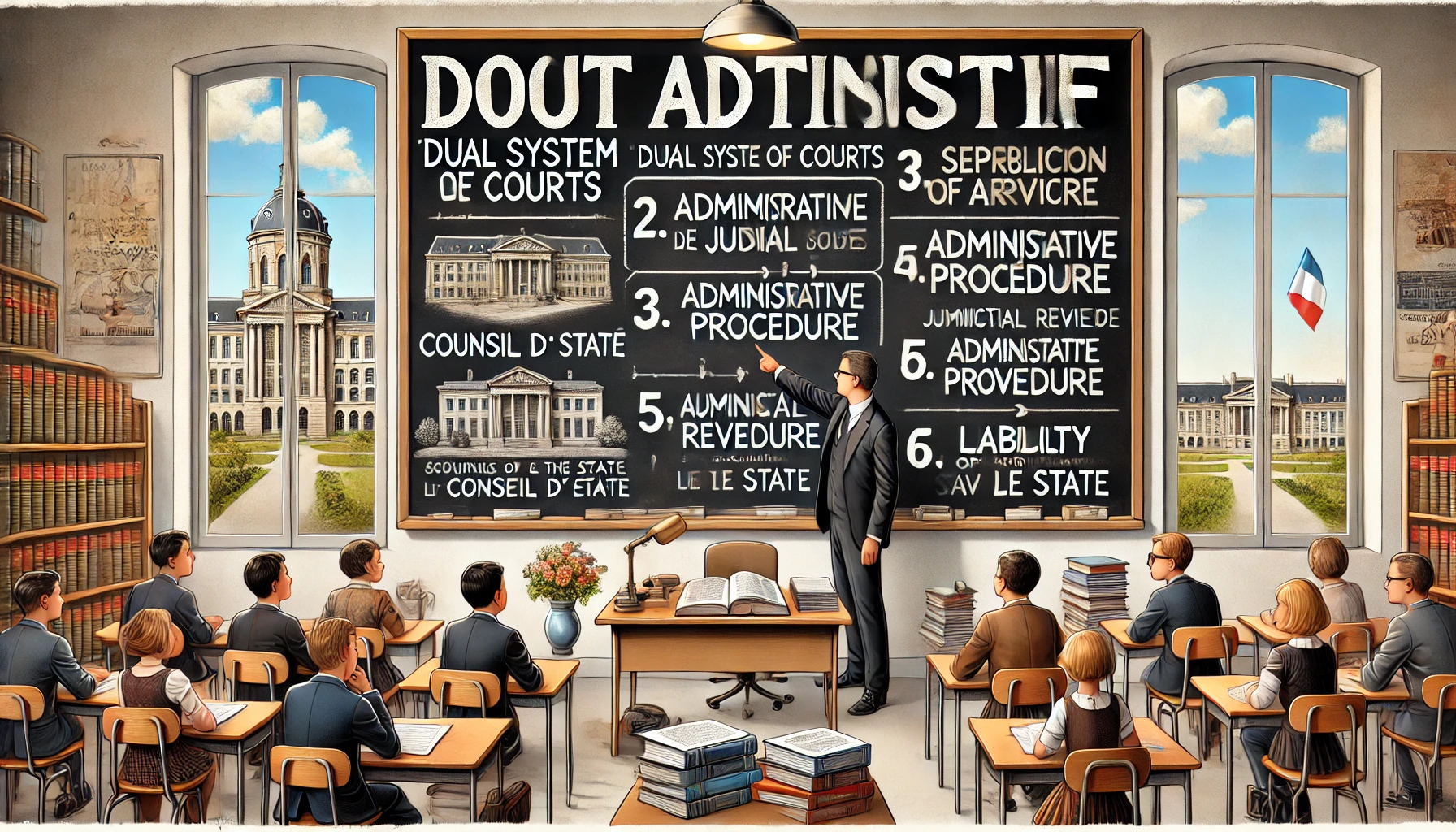

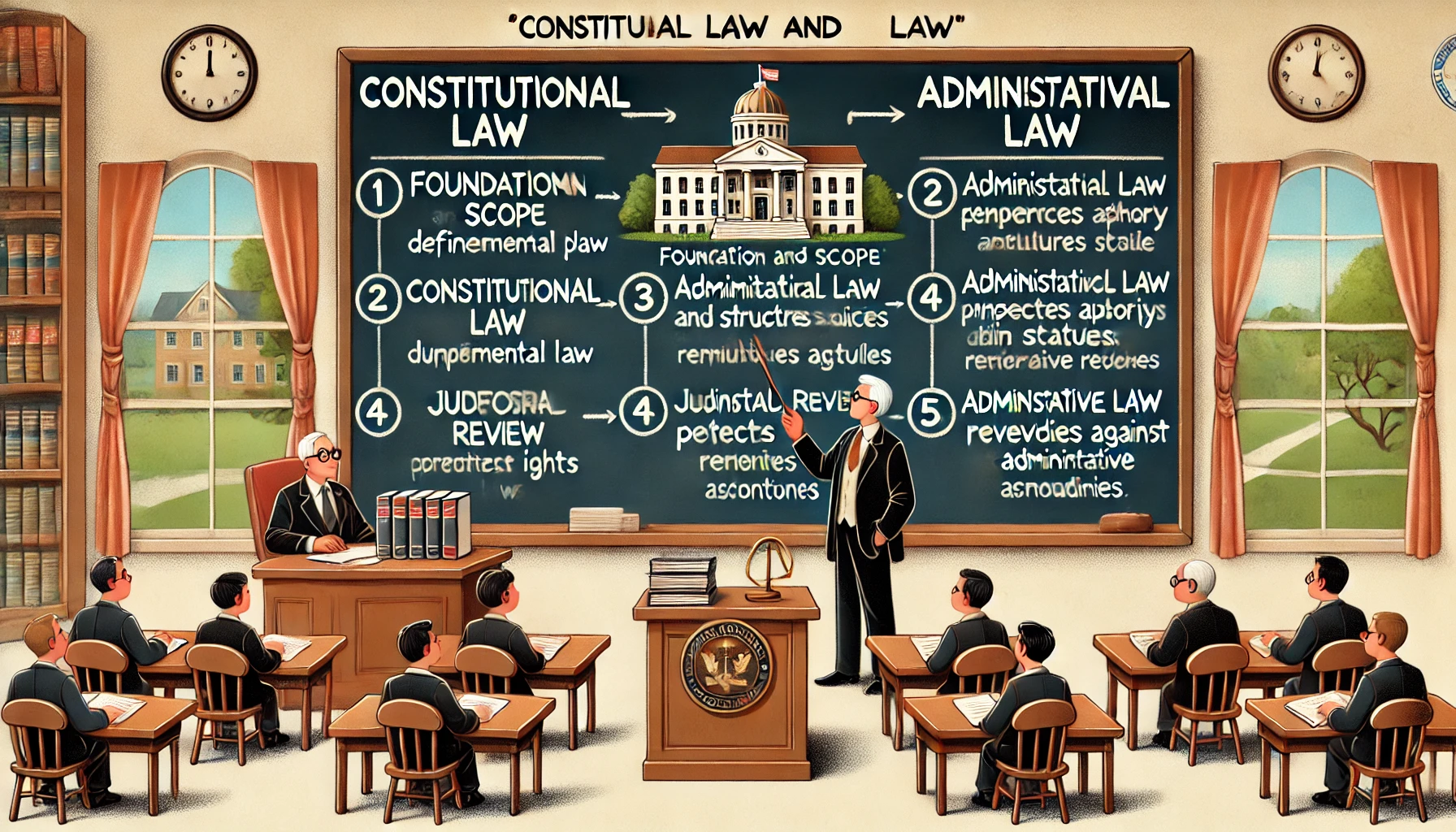
































































































Comment
Nothing for now